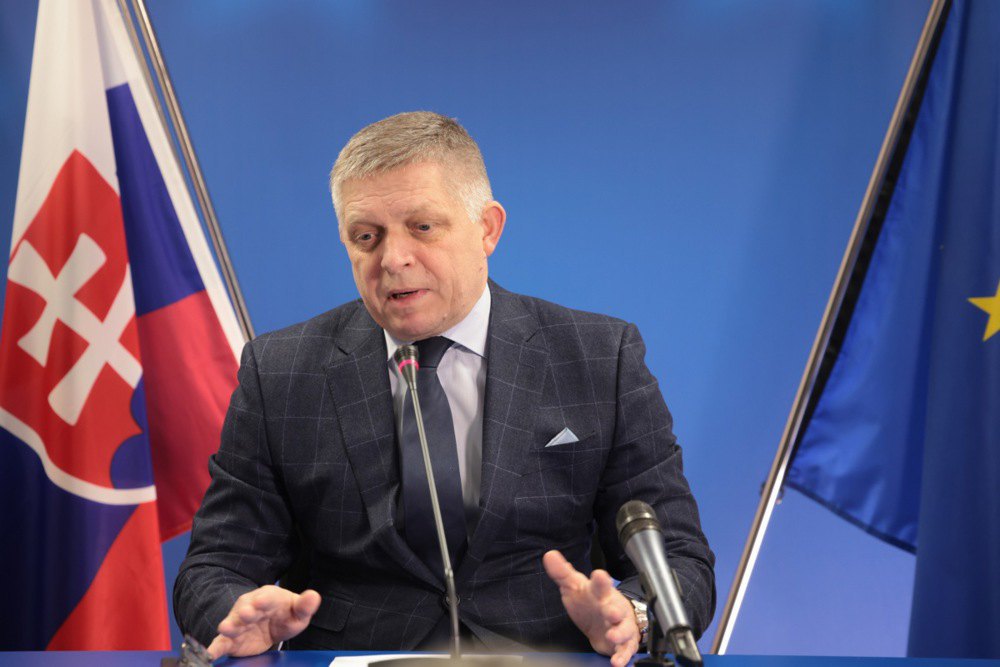According to the Slovak Government of Labour, at the beginning of 2025, 44,363 Ukrainian citizens were officially employed in the country, the largest number among foreigners. In May 2022, Ukrainians were also among the top five investors in Slovakia: 2,225 legal entities and firms owned by Ukrainians operate in the country. There are also entrepreneurs - individuals with a Ukrainian passport - who numbered 34,786 in 2024. That is, a total of 81,374 taxpayers in the Slovak budget! According to conservative estimates, if we take into account only the minimum Slovak salary (€750 at the end of 2024) and salary accruals (excluding direct business taxes such as VAT, income tax, etc.), this is €36.6 million per month.
As for the real working conditions in Slovakia. Only 30% of 44,000 Ukrainian workers are directly employed by their employers. Slovakia has a long-standing system of labour agencies - intermediary companies between employees and employers. Not only Ukrainians, but also other foreigners working legally in Slovakia are employed by these intermediary companies. A direct employer - for example, a car factory - has a contract with a labour agency, to which it pays for the work performed. The agency transfers the money to the foreign worker.
The agency charges the employee a commission for all related services: assistance with paperwork, overcoming the language barrier, solving everyday issues - as a rule, this is 25-30% of the net salary. Sometimes all these services are only formal. There have been cases where agencies, while withholding funds from employees for taxes or health insurance, simply misappropriated them and did not pay them to the budget. Then the deceived employee was fired, with all the debts to the state pinned on him. And people mostly have no choice.
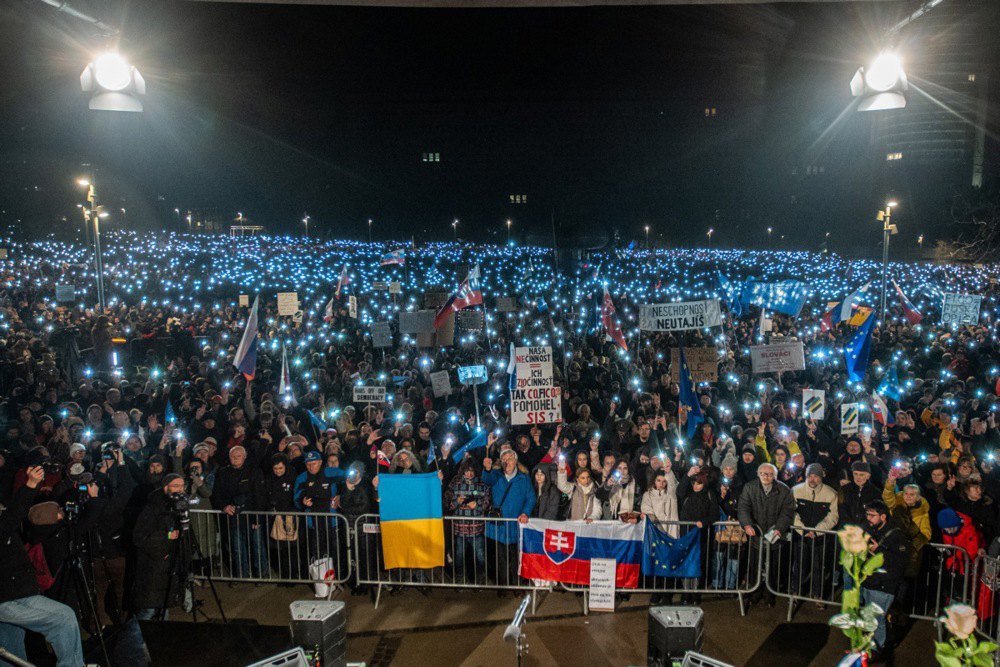
And we've come to the migration police, which has been a nightmare for Ukrainians since Fico. Any foreigner, whether an employee or an entrepreneur, can earn money in Slovakia if they are legally in the country. The residence permit needs to be renewed every one and a half years on average. If you have a certificate proving that you are legally in Slovakia, you are working. If you don't, then I'm sorry. Even if you have not been fired, the bank will close the account to which you received your salary.
It's the same with Ukrainian refugees: a person in temporary asylum receives protection and the right to work only if they have a document issued by the police.
Only foreigners who have received a permanent residence permit in the EU are spared the hassle of updating their documents - it is granted after five years of living in Slovakia. When Fico became the head of the Slovak government for the fourth time, at the end of 2023, the migration police changed in a way that was not in favour of foreigners. They are kept in constant fear of losing their legal status.
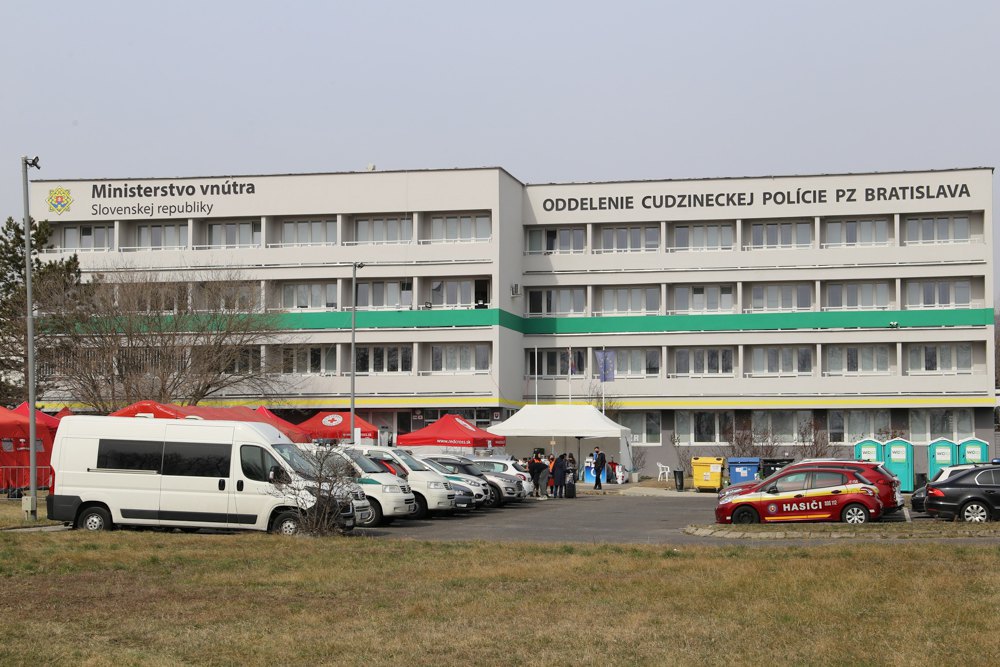
According to the Minister of the Ministry of Internal Affairs of Slovakia, Matúš Šutaj Eštok, who, by the way, is probably second only to Fico in terms of the number of brutal insults against Ukrainians, the system of reserving appointments with the police does not work because... constant modernisation is underway! There is no reaction from Slovak authorities to foreigners left to their own devices. Despite the fact that local television regularly reports on this. In one such story, a Ukrainian woman cries to the cameras of journalists: ‘I feel like a dog in this country, just like a dog, you know!’
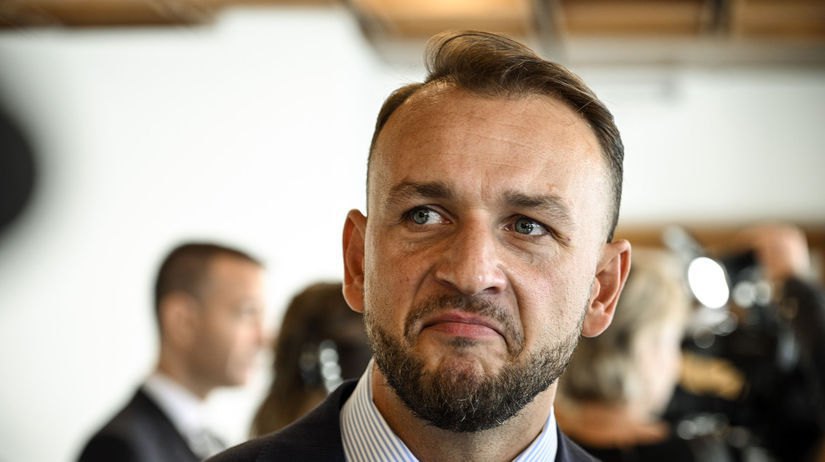
In January-February 2025, the Slovak police added to the list of ‘educational measures’ against Ukrainians the opening of criminal proceedings against a number of people known in the diaspora for their active civic position and volunteering. People who have lived in Slovakia for many years, know the Slovak language and local customs, are the first to rush to the aid of newcomers: they go with them to the police, fill out questionnaires, help them find housing or find jobs. And it is against the old-timers that criminal proceedings have recently been opened - for attempting to bribe a police officer or even for smuggling people. Allegedly, they helped foreigners who did not meet the requirements for legal stay in Slovakia.
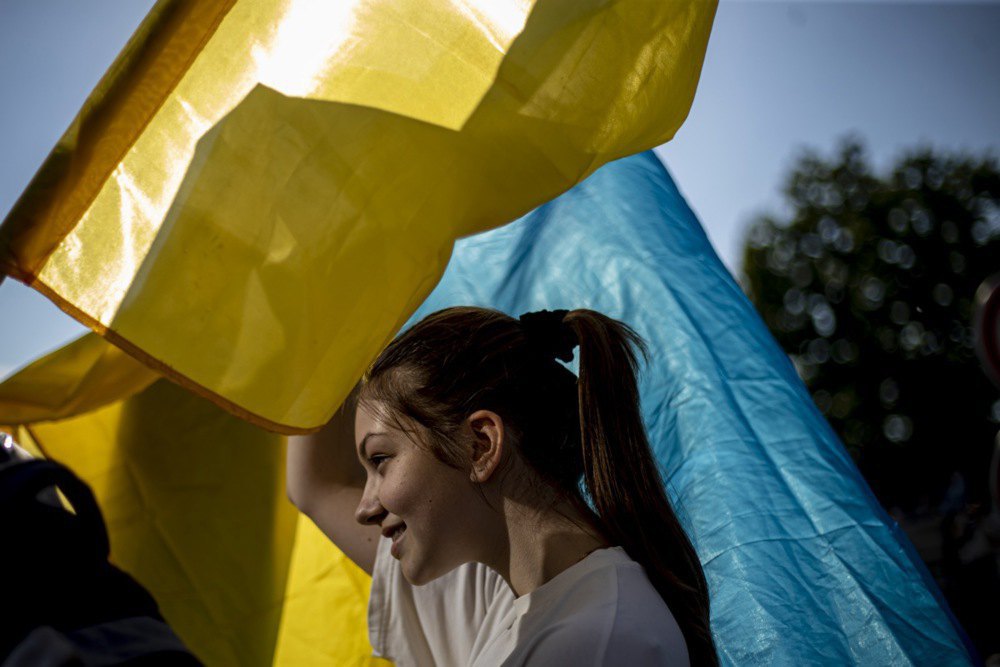
What does Ukraine have to do with the difficulties of Ukrainians in Slovakia? At home, people are in mortal danger every day. According to surveys conducted by the organisation Civic.SK, Ukrainians working in Slovakia sent an average of 350-400 euros per month to Ukraine in 2024. And this is only money for relatives or friends, not including participation in volunteer collections.
In 2024, the Slovak volunteer group Munícia pre Ukrajinu (Ammunition for Ukraine) raised almost €5 million to buy artillery ammunition. In January 2025, in protest against Fico's pro-Russian policies, the arms fundraising was resumed under the slogan "If not the government, then we send".
